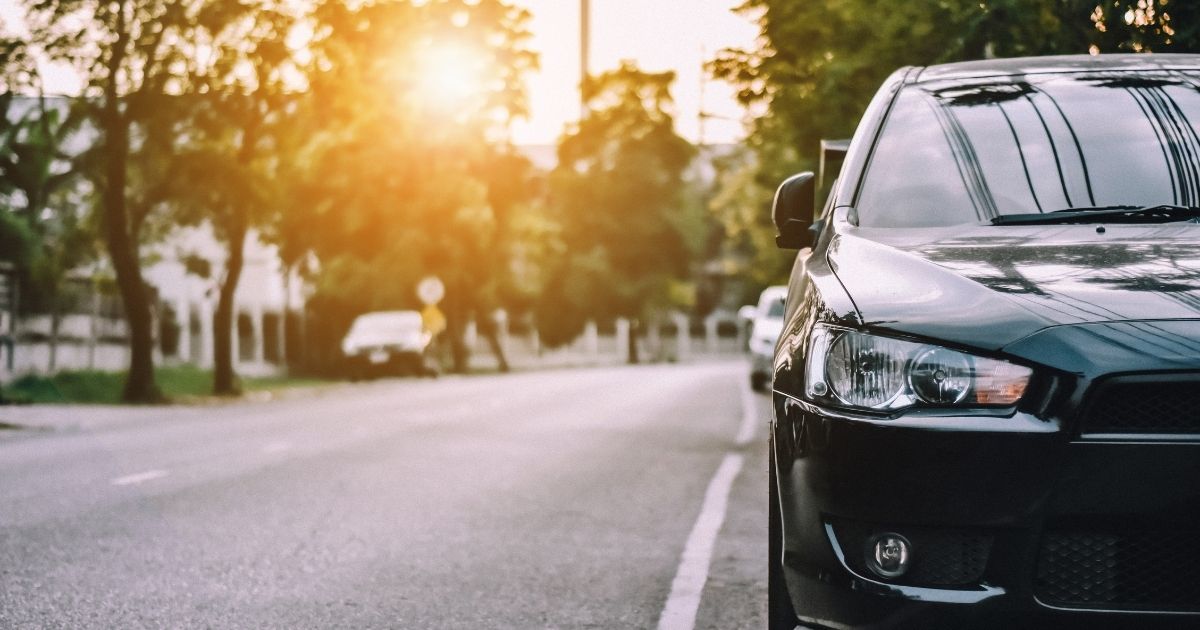March 6, 2023
How to Park Your Car Safely on the Street ?

Parking on the street cannot be avoided in some instances, especially if you reside in larger metropolitan areas or in a home without a driveway. Parking is a universal problem for Americans across the country.
According to a research study by INRIX, an industry leader in connected car services and transportation analytics, drivers spend an average of 17 hours per year searching for parking in lots, garages, and on the street. That equates to roughly $345 per driver in wasted time, fuel, and emissions simply by searching for parking.
A large percent of respondents expressed frustration over parking or having avoided shopping malls, airports, and other large facilities with massive parking lots or garages and high traffic rates. According to the study, the average car spends the majority of its time parked – 95 percent of the time, in fact.
Parking frequently results in vehicle damage or theft. Over 40 percent of all car accidents each year occur during parking, and cars parked on the street are consistently the highest risk for vehicle damage and theft. Thieves and vandals specifically target parked cars for their ease of access, especially at night in dark, unlit areas.
What Types of Damages Occur While Parking on the Street?
Parking on the street always comes with a certain amount of risk for potential damages no matter how well and out of the way you parked. Some of the most common damages include:
- Collision: Street-parked vehicles can be struck, sideswiped, or scraped by another vehicle, street cleaners or snowplows, and bumped in the front or rear by others parking.
- Theft: High dollar items, such as laptops and cell phones, purses, or bank envelopes left in plain view increase the likelihood of theft and damage to your car. Publicly parked cars are also frequently targeted for catalytic converter theft, which contain precious metals valuable to thieves for resale.
- Vandalism: Scratches, dents, spray paint, broken windows, and more can happen due to vandals causing damage to your car, but not breaking in for theft.
- Natural elements: Weather-related damage is common for street-parked cars, such as hail, falling tree limbs, high-water, flooding, and more.
Pay attention to the street signs to avoid illegally parking and having your car towed. Towing can cause cars serious damage, especially if it is parked in a manner not easily accessed by the tow truck. Make sure you check thoroughly and understand where you can legally park before leaving your vehicle, and never park in loading areas, emergency lanes, or private lots. Doing so can resort in additional fines, towing and recovery costs, and any expenses due to damage.
Does My Insurance Cover Damages and Theft from Parking on the Street?
Depending on the circumstance and type of damage incurred, your insurance company may cover some of the expenses incurred. Typically, auto insurance policies cover the following:
- Body damage caused by another driver: If the driver’s identity is known – the correct behavior is to contact the police and leave a note if you hit a parked car – their insurance should cover damages. If the driver is unknown or uninsured, your own policy should cover the cost of damages or replacement.
- Comprehensive insurance plans usually cover replacement of stolen catalytic converters, which are easy for thieves to saw off in minutes. If you regularly park on the street, particularly overnight, consider installing a catalytic converter protection device to deter theft. Cars regularly parked on the street are often susceptible to repeated catalytic converter theft.
- Stolen personal items, such as laptops and cell phones, are typically covered under a homeowners insurance policy, though coverage limits are usually low. If you must leave personal items in your vehicle while you are gone, lock them in the glove compartment or stash out of sight.
How Can I Protect My Car if I Have to Park on the Street?
Parking on the street can be frustrating at times, particularly in high-traffic areas with an increased risk of damage or theft, but there are steps to help you protect your vehicle, such as:
- Lock the doors: This may seem obvious, but many people absent-mindedly forget this easy step to avoid theft and damage to their cars.
- Set the alarm: If your car is equipped with an alarm system, make sure it is activated, whether automatically or manually.
- Close the windows: In hot months, many people leave windows partially open to vent the heat. Even small cracks can provide access to thieves.
- Use lighted areas: If possible, park in a well-lit area or directly under a streetlight where potential thieves are more likely to be seen.
- Lock the steering wheel: Steering wheel locks freeze the wheel so it cannot be moved, even if a thief is able to start the ignition. While some may be able to remove the lock, they are less likely to spend extra time doing so.
- Remove valuables: Do not leave any valuable items in the car, especially in plain sight, and do not leave your house keys in the car. Your home address can be found on the vehicle registration, giving thieves access to burglarize your home and put your family at risk.
- Set the brake: Set the emergency brake, even if you are parked levelly. This deters thieves from rolling it to another location to start it or take it apart for resale.
King of Prussia Car Accident Attorneys at Anthony C. Gagliano III, P.C. Assist Clients with Vehicle Damage or Theft While Parked
If your vehicle was damaged, had parts removed, or the entire car stolen, the experienced King of Prussia car accident lawyers at Anthony C. Gagliano III, P.C. can help. Call us today at 267-861-7100 or contact us online to schedule a free consultation. Located in Philadelphia, we serve clients throughout Montgomery County, Delaware County and Norristown, Pennsylvania.